Private jet pilots bear a broad spectrum of responsibilities that extend far beyond mere aircraft operation.
Contents
They are accountable for the safety and comfort of passengers, as well as the overall management of the aircraft.
This encompasses conducting thorough pre-flight inspections, communicating with air traffic control, and ensuring all necessary documentation and flight plans are in order.
Moreover, private jet pilots must be prepared to respond to in-flight emergencies, such as mechanical malfunctions or unforeseen weather conditions, by making swift and decisive decisions to guarantee the safety of everyone on board.
Additionally, private jet pilots are responsible for managing the flight crew, if present, and ensuring seamless collaboration among team members.
This involves delegating tasks, providing guidance and support, and maintaining a professional and respectful work environment.
In addition to flying the aircraft, private jet pilots must also be prepared to handle any unforeseen circumstances that may occur during the flight, such as medical emergencies or dealing with disruptive passengers.
This requires a high level of expertise, knowledge, and professionalism to ensure the safety and comfort of their passengers.
Overall, the responsibilities of a private jet pilot are extensive and require the ability to adapt and respond effectively to any situation that may arise.
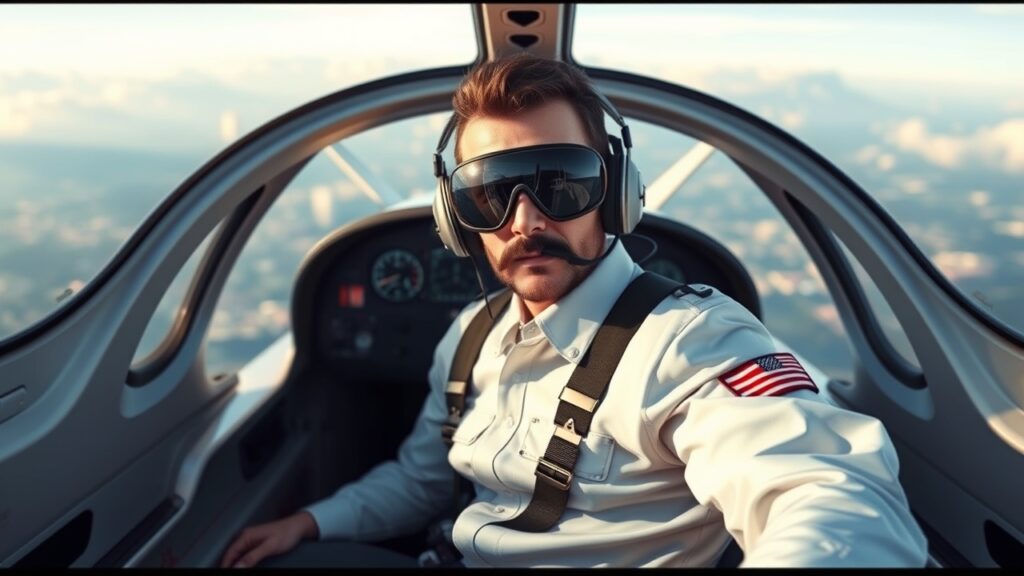
Qualifications and Training for Becoming a Jet Pilot
Obtaining the Necessary Qualifications
Once they have obtained their commercial pilot’s license, individuals can then pursue additional certifications and ratings to qualify for specific types of aircraft or flying conditions.
This may include obtaining an instrument rating, multi-engine rating, or a flight instructor certification.
Pilots must also undergo regular medical examinations and recurrent training to ensure they are fit to fly and up to date on the latest aviation regulations and procedures.
Overall, becoming a pilot requires dedication, hard work, and a commitment to ongoing learning and professional development.
Gaining Valuable Experience
Military experience can provide private jet pilots with a strong foundation in aviation, as well as valuable skills such as decision-making under pressure, attention to detail, and the ability to adapt to changing situations.
Additionally, pilots with experience flying commercial airliners may have a deep understanding of aviation regulations and procedures, as well as extensive experience in managing complex flight operations.
Overall, the combination of military and commercial aviation experience can greatly benefit private jet pilots in effectively and safely operating private jets.
A Career that Requires Dedication and Hard Work
Private jet pilots must undergo rigorous training and education to obtain their commercial pilot’s license, as well as additional certifications for flying private jets.
They must also accumulate a certain number of flight hours and experience before they can be considered for employment by private jet companies.
In addition to the technical skills required for flying, private jet pilots must also possess strong decision-making abilities, excellent communication skills, and the ability to remain calm under pressure.
The demanding nature of the job means that private jet pilots must be dedicated to continuous learning and improvement in order to ensure the safety and satisfaction of their passengers.
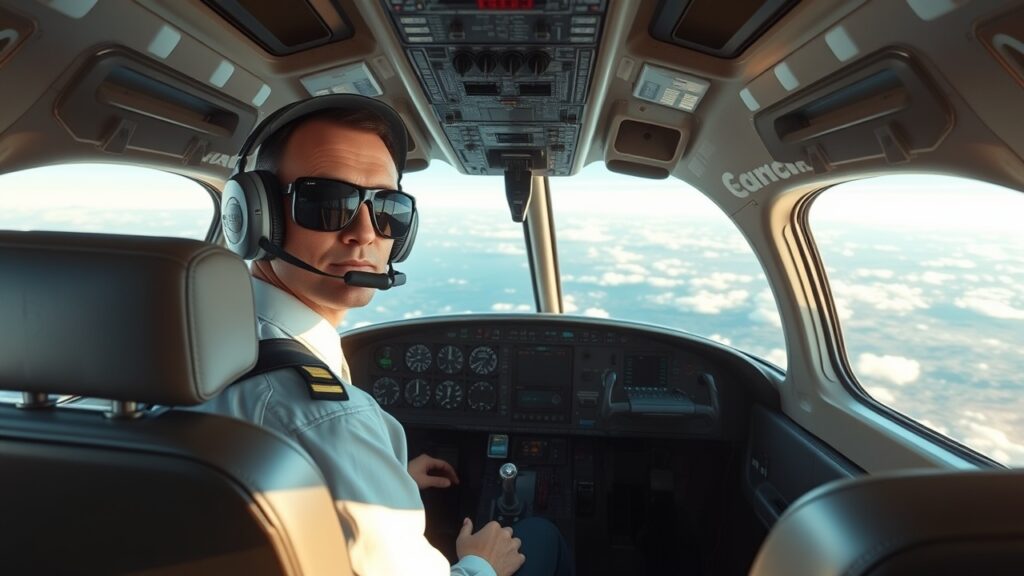
The Lifestyle of a Private Jet Pilot
The lifestyle of a private jet pilot is often fast-paced and demanding.
Pilots may be required to work irregular hours, including nights, weekends, and holidays, in order to accommodate the needs of their clients.
In addition, they may also be required to travel frequently, often on short notice, in order to meet the needs of their clients.
This can make it challenging for pilots to maintain a healthy work-life balance and can lead to high levels of stress and fatigue.
Furthermore, the lifestyle of a private jet pilot can also be isolating, as they may spend long periods of time away from their families and loved ones.
This can make it difficult for pilots to maintain personal relationships and can lead to feelings of loneliness and isolation.
Additionally, the high level of responsibility and pressure that comes with being a private jet pilot can also take a toll on their mental and emotional well-being.
Overall, the lifestyle of a private jet pilot can be challenging and demanding, requiring a high level of dedication and resilience.

The Advantages of Hiring a Private Jet Pilot
There are many advantages to hiring a private jet pilot for individuals or companies who frequently travel by private jet.
One of the main advantages is the level of expertise and professionalism that private jet pilots bring to the table.
They have undergone extensive training and have accumulated a significant amount of flight experience, which allows them to ensure the safety and comfort of their passengers.
In addition, private jet pilots are also able to provide personalized service and attention to their clients, ensuring that their specific needs and preferences are met.
Furthermore, hiring a private jet pilot can also provide individuals or companies with greater flexibility and convenience when it comes to travel.
Private jet pilots are able to accommodate last-minute changes to flight plans and can provide a level of flexibility that is not always possible when flying on commercial airlines.
This can be particularly beneficial for individuals or companies who have busy schedules or who need to travel to remote or hard-to-reach locations.
Overall, hiring a private jet pilot can provide individuals or companies with a high level of expertise, personalized service, and flexibility when it comes to air travel.
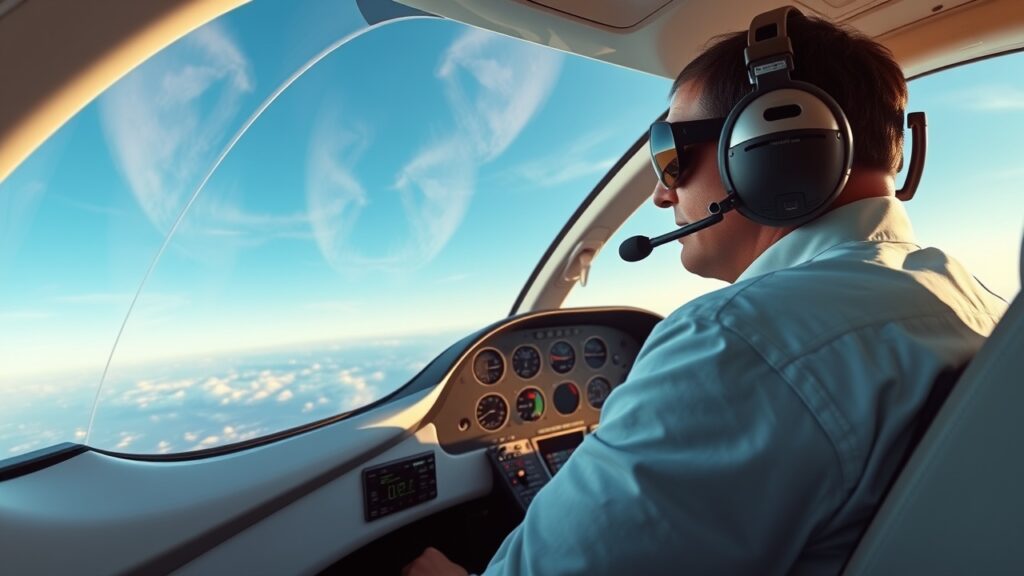
The Role of a Pilot in Private Jet Operations
The role of a pilot in private jet operations goes beyond simply flying the aircraft.
Pilots are responsible for overseeing all aspects of the flight, including pre-flight preparations, in-flight operations, and post-flight procedures.
This includes conducting pre-flight inspections of the aircraft, ensuring that all necessary paperwork and flight plans are in order, and communicating with air traffic control in order to ensure a safe and efficient flight.
In addition, pilots are also responsible for managing the flight crew, if there is one, and ensuring that all members are working together effectively.
Furthermore, pilots are also responsible for making quick and decisive decisions in order to ensure the safety and comfort of their passengers.
This includes being prepared to handle any in-flight emergencies that may arise, such as mechanical issues or unexpected weather conditions.
In addition to quick thinking and composure, pilots in private jet operations must also possess strong decision-making skills and the ability to communicate effectively with air traffic control and passengers.
They are responsible for ensuring the safety and comfort of their passengers, as well as the efficient operation of the aircraft.
Pilots must also stay updated on weather conditions, air traffic patterns, and any potential hazards in order to make informed decisions during flight.
Their role demands a high level of attention to detail and a commitment to upholding the highest standards of safety and professionalism.
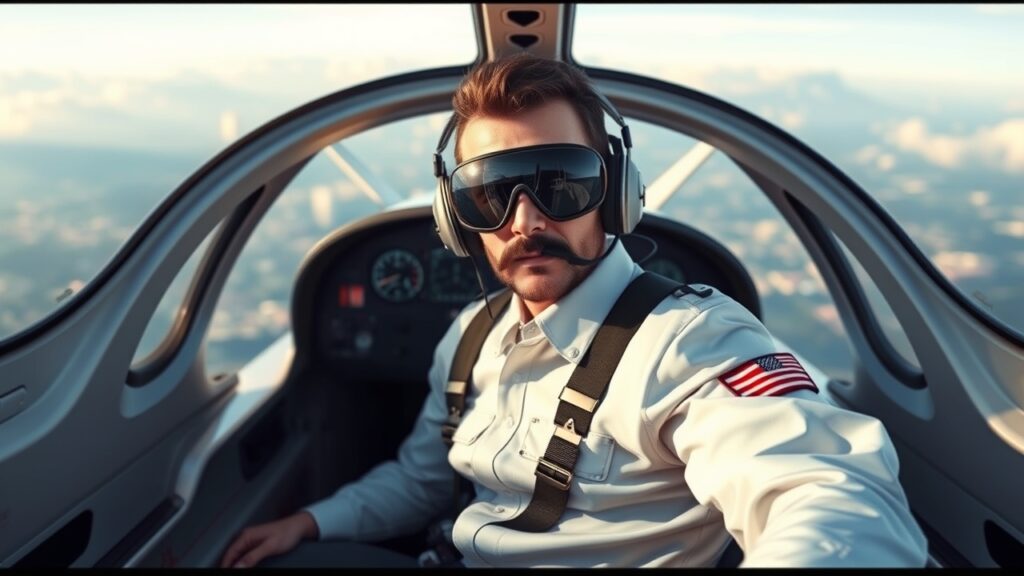
The Challenges Faced by Private Jet Pilots
The Weight of Responsibility
In addition to the technical skills required to operate the aircraft, pilots must also possess strong decision-making abilities and the ability to stay calm under pressure.
They must be able to communicate effectively with air traffic control and other crew members, and be prepared to make quick, informed decisions in the event of an emergency.
The responsibility of flying private jets also extends to ensuring that all necessary maintenance and safety checks are completed before each flight, as well as complying with all aviation regulations and protocols.
Overall, the immense responsibility of flying private jets demands a high level of professionalism, skill, and dedication from pilots.
Work-Life Balance and Personal Relationships
Pilots may also struggle with the physical and mental toll of irregular work hours and constant travel.
The demanding schedule can make it challenging for them to maintain a healthy work-life balance, leading to difficulties in nurturing personal relationships and coping with feelings of isolation.
Additionally, the constant time zone changes and long periods away from home can take a toll on their physical health and mental well-being.
It’s important for pilots to find ways to prioritize self-care and seek support to help them navigate these challenges.
Managing Stress and Pressure
Private jet pilots are responsible for the safety and well-being of their passengers, which adds an immense amount of pressure to their job.
They must be able to handle the stress and make split-second decisions in high-pressure situations.
This constant demand for quick thinking and precision can lead to mental and emotional exhaustion, as well as high levels of stress and fatigue.
It is crucial for private jet pilots to have strong coping mechanisms and support systems in place to maintain their mental and emotional well-being while performing their demanding job.
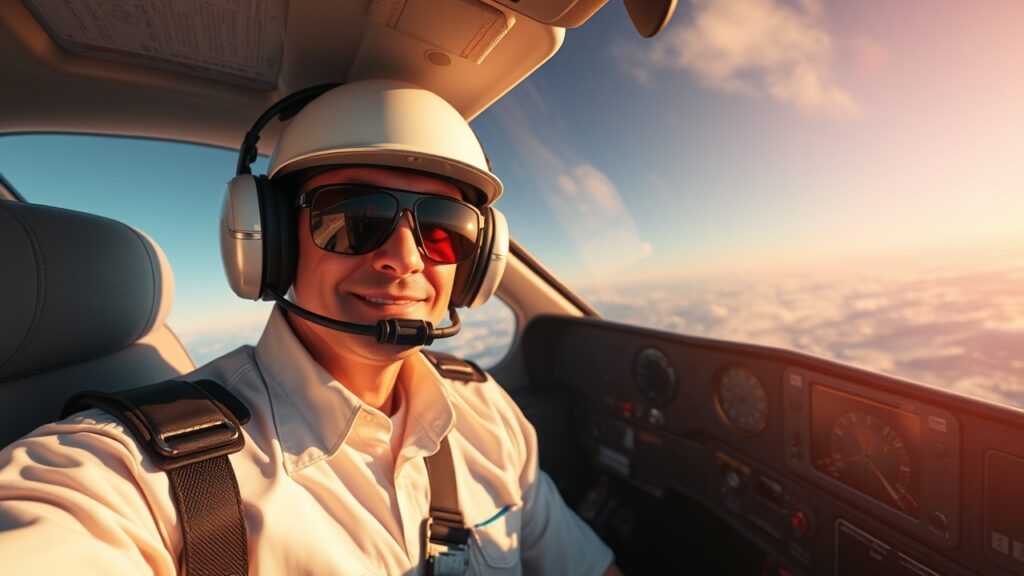
The Future of Private Jet Pilots in the Aviation Industry
The future of private jet pilots in the aviation industry looks promising, as the demand for private jet travel continues to grow.
As more individuals and companies seek out the convenience and flexibility of private jet travel, the need for qualified and experienced pilots will also continue to increase.
This will create new opportunities for individuals who are interested in pursuing a career as a private jet pilot.
In addition, advancements in technology and aircraft design are also likely to impact the role of private jet pilots in the future.
New technologies may streamline certain aspects of flight operations, while also creating new challenges that pilots will need to adapt to.
Furthermore, changes in regulations and industry standards may also impact the role of private jet pilots in the future.
Overall, the future of private jet pilots in the aviation industry looks promising, with new opportunities for growth and advancement on the horizon.
In conclusion, becoming a private jet pilot requires a significant amount of training, experience, and dedication.
Private jet pilots have extensive responsibilities that go beyond simply flying the aircraft, including ensuring the safety and comfort of their passengers, managing flight operations, and handling in-flight emergencies.
The lifestyle of a private jet pilot can be demanding and challenging, requiring them to work irregular hours and travel frequently.
However, there are many advantages to hiring a private jet pilot for individuals or companies who frequently travel by private jet, including expertise, personalized service, and flexibility.
The role of a pilot in private jet operations is extensive and requires a high level of skill, knowledge, and professionalism.
Private jet pilots face a number of challenges in their line of work related to responsibility, stress, pressure, irregular work hours, frequent travel, maintaining personal relationships, and feelings of isolation due to frequent travel.
However, the future looks promising for private jet pilots in the aviation industry as the demand for private jet travel continues to grow and new opportunities for growth and advancement emerge.

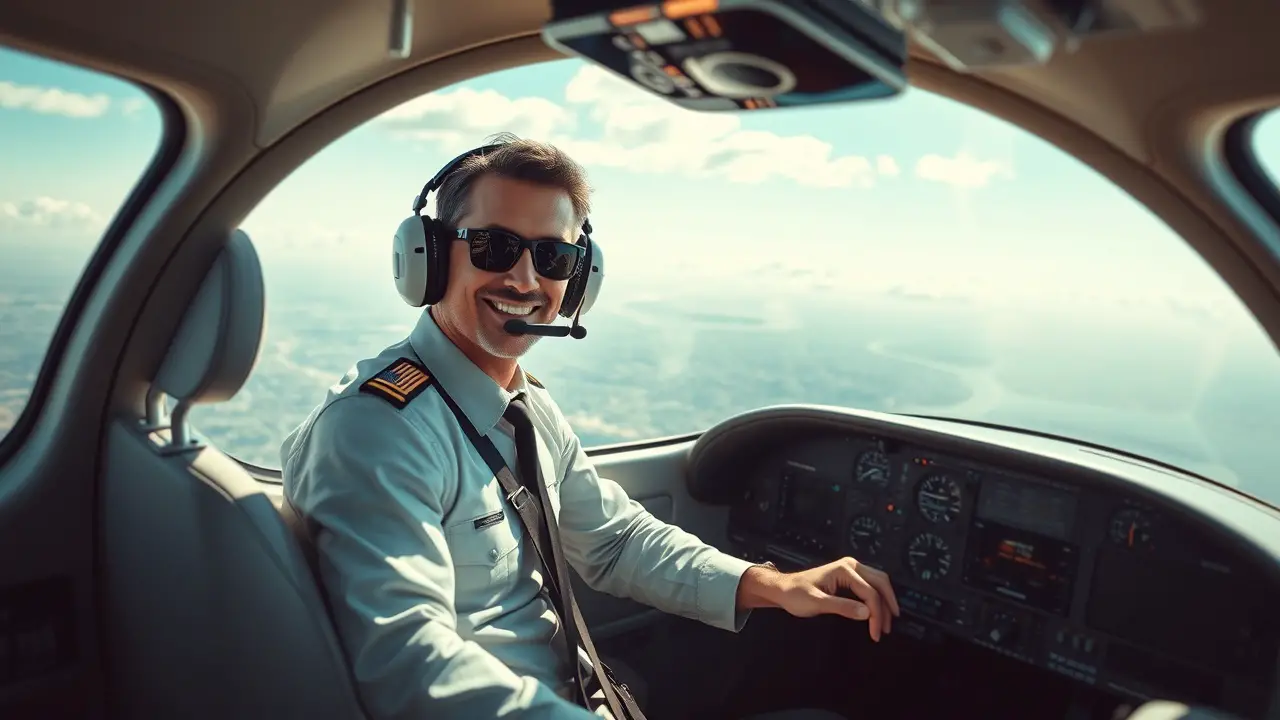

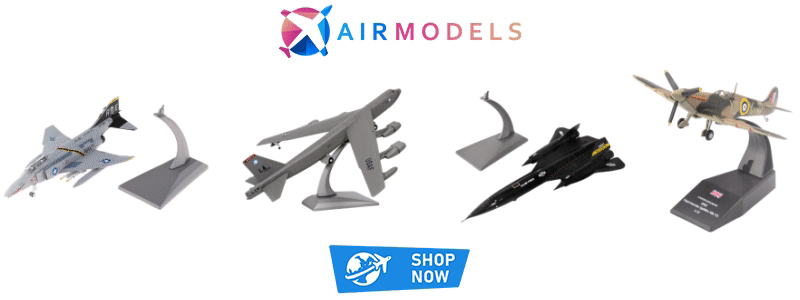

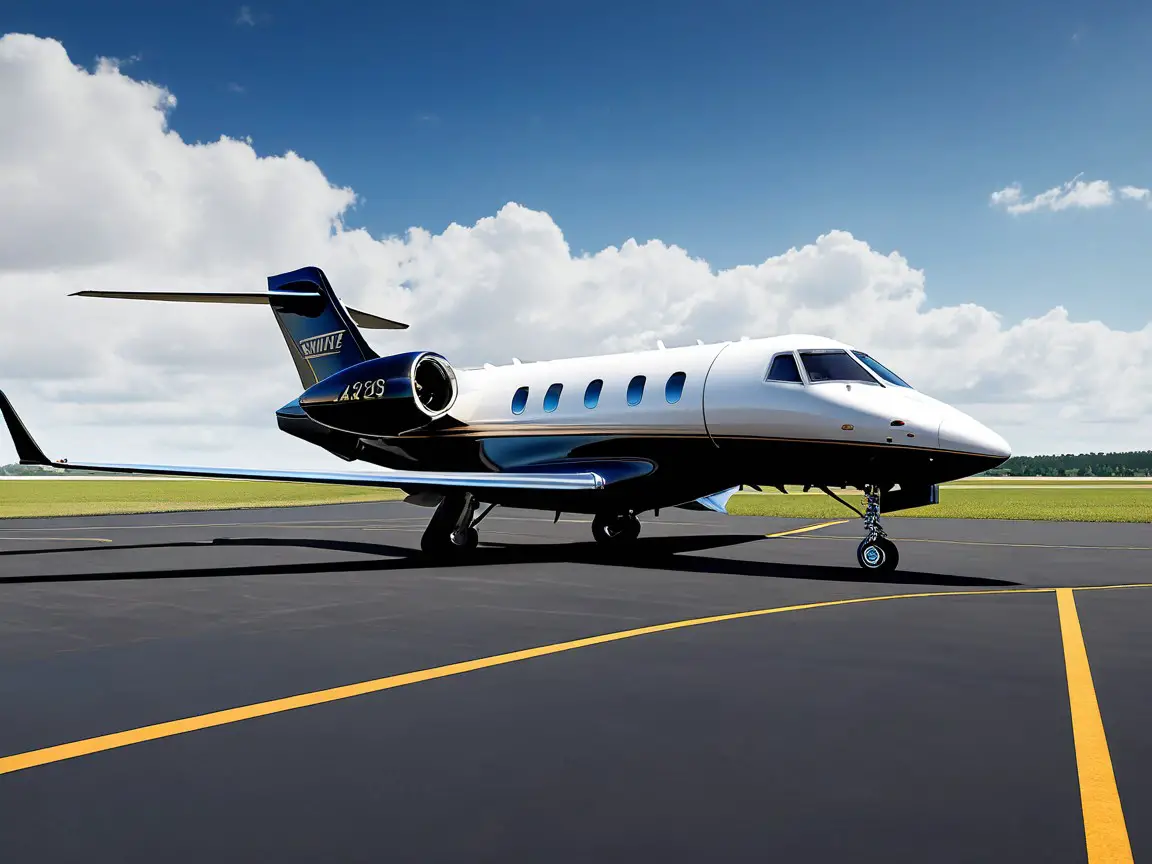
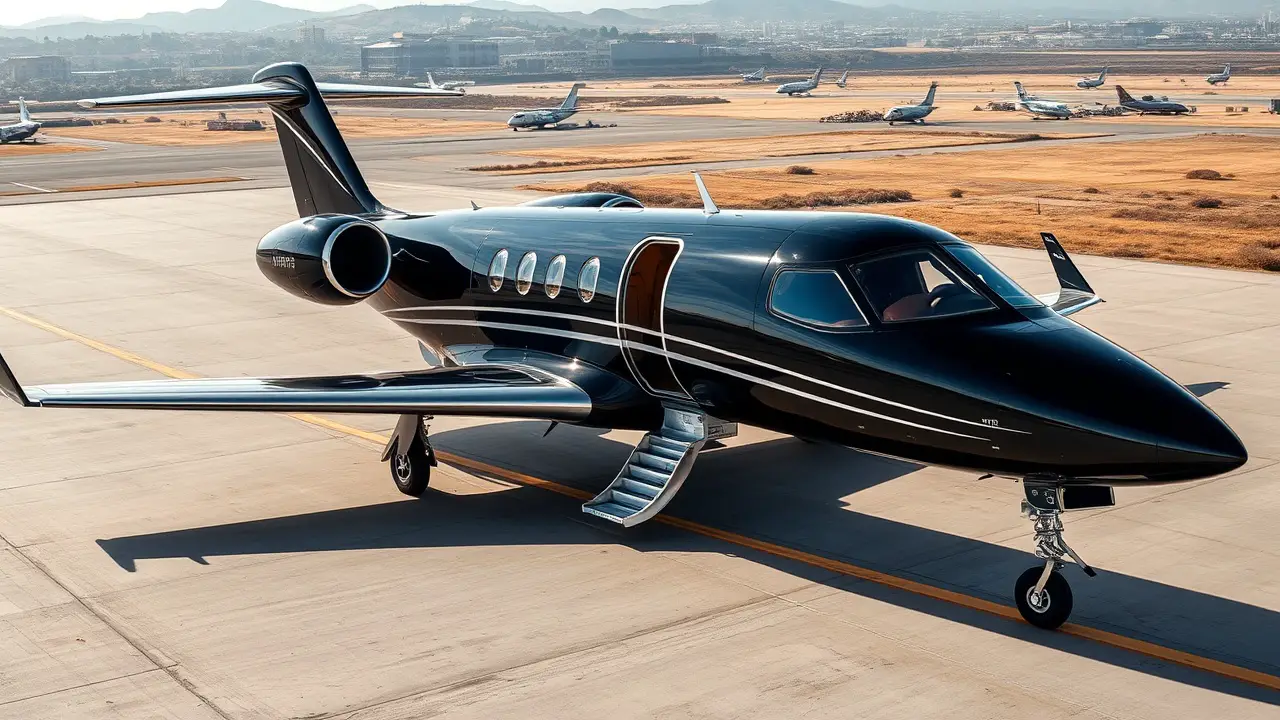
Leave a Reply